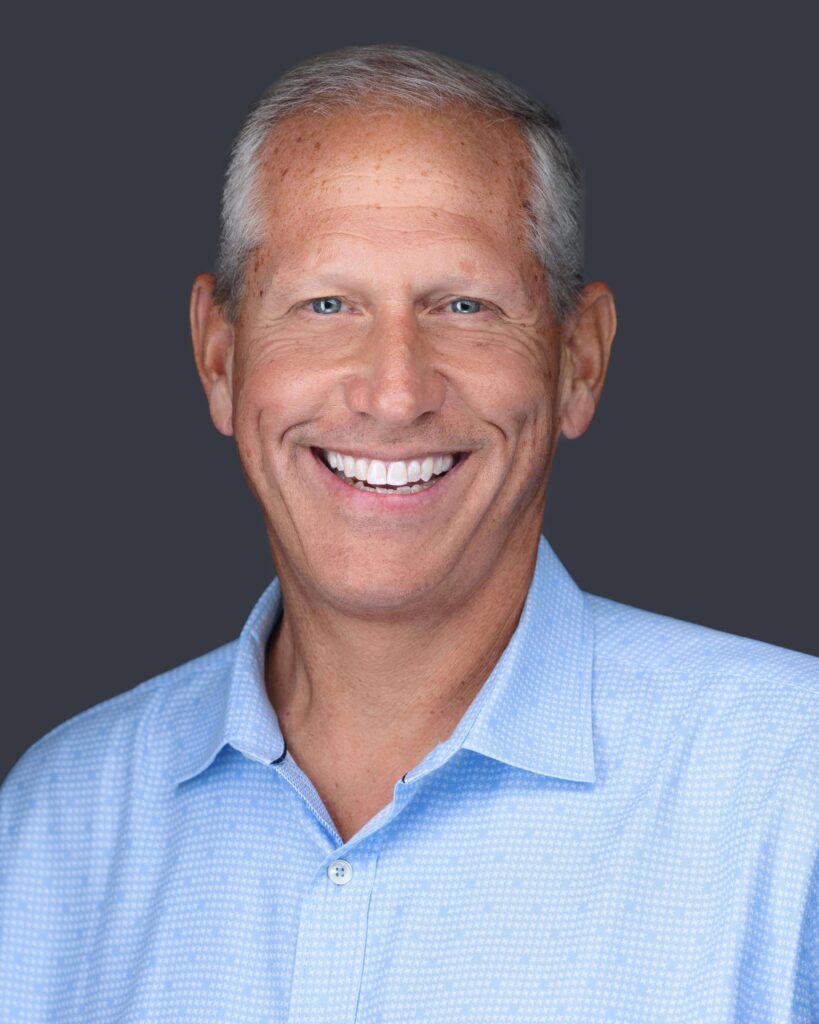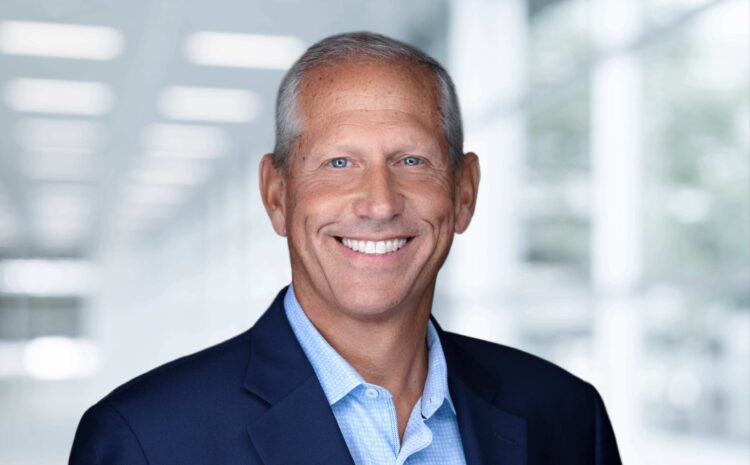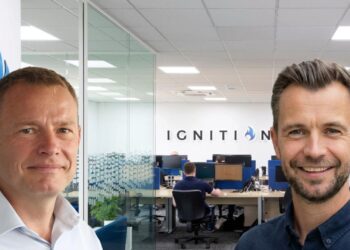SonicWall CEO Bob VanKirk has handed the credit for its recent transformation to its MSPs, emphasising that its UK partners in particular have been “quite vocal”.
Traditionally known as a midmarket firewall vendor, private equity-backed SonicWall 12 months ago expanded into the managed security services and cloud-native markets via its double swoop on Solutions Granted and Banyan.
It is now a $500m-bookings, $400m-revenue business.
Talking to IT Channel Oxygen, VanKirk said this journey has been shaped by its MSP partners, adding that there is a “good chance” the vendor will make more acquisitions in 2025.
“Listening more, talking less”
Having taken SonicWall’s reins in 2022, VanKirk said his first priority was to get his team to focus on “listening to our partners more, and talking less”.
This paved the way for its acquisitions of Solutions Granted, which was designed to arm its partners with the latest managed detection and response services, and cloud-native specialist Banyan Security.
“The need for security services, the need for cloud native, the move towards monthly billing – these didn’t come from us”Bob VanKirk, CEO, SonicWall
“The need for security services, the need for cloud native, the move towards monthly billing – these didn’t come from us,” VanKirk said.
“Those came from our partners, and our UK partners have been quite vocal.”
VanKirk stressed that Solutions Granted sold via MSPs, characterising it as a “master MSSP”.
“We’re really focused on white labelling our services. It’s important that these services come from MSPs – that’s the right model. We don’t need the credit,” he said.
“Security services aren’t a nice-to-have anymore. They are a must-have. Whether it’s enterprise, certainly midmarket, absolutely SMB, they don’t have the staff, they don’t have the 24-by-7-by-365 monitoring, they don’t have the the expertise. Most attacks occur on Sunday morning between 2am and 4am. How many companies – how many MSPs – have staff checking at that time?”
Having spent the first half of 2024 integrating Banyan’s cloud-native Zero Trust Network Access (ZTNA) capability with its own operating system, every firewall SonicWall sells now comes with the capability embedded, VanKirk said.
“The cloud-native ZTNA is more secure. And it’s by far more cost effective and efficient,” VanKirk explained.
“But a lot of our customers and partners want the flexibility to migrate over time, so it gives them a bridge.”
“Meeting our partners where they are”

SonicWall is also taking a more agnostic approach as part of efforts to “meet our partners where they are”, VanKirk stressed.
A pact SonicWall unveiled with Crowdstrike last month (SonicWall is fusing its managed security services with the latter’s endpoint detection and response capabilities) could soon be replicated with other vendors, he indicated.
“We’ll support Sophos as an endpoint, we’ll support SentinelOne. That’s key because MSPs aren’t going to change and we need to meet them where they are,” he explained.
“Frankly, three years ago I never would have said we’ll actually monitor and manage a non-Sonicwall firewall, but we will now.”
“The other key area where we’re changing up how we offer our services is by enabling MSPs to consume on a monthly basis, rather than buying everything three or five years upfront,” VanKirk added.
“Good chance” of 2025 M&A
Having not made an acquisition for almost 15 years, Francisco Partners and Elliott Management-backed SonicWall made three in four months in the second half of 2023.
What is the likelihood of further M&A in 2025?
“I was in Asia, and an attack came in focused on annual compliance training. I definitely looked twice. That does concern me, and I know AI is behind that.”Bob VanKirk, CEO, SonicWall
“There’s a good chance we will continue to round out our capabilities in 2025,” VanKirk revealed.
“Our job is to keep pace and actually stay ahead [of threats].
“And you just can’t do that in certain areas. Look at AI, look at the changes relative to cloud – we will continue to stay on this path.”
VanKirk admitted that he is “concerned” about the latest round of attempted AI-enhanced credential thefts.
“I was in Asia, and an attack came in focused on annual compliance training. I definitely looked twice,” he said.
“I’m amazed at some of these attacks that look absolutely legitimate. That does concern me, and I know AI is behind that.”
“We’ve got to be smart and very intentional, like we were with the recent acquisitions,” VanKirk added.
“Our focus is not going direct. If anything, in the last two-and-a-half years it’s all been focused on how we retain and lean further into MSPs – making it easy for them, making it cost effective, making sure we’re offering those services on a monthly basis.
“We will continue to add capabilities, but it’s more than that: it’s about making it really easy to use for our MSP community.”
Doug Woodburn is editor of IT Channel Oxygen
















